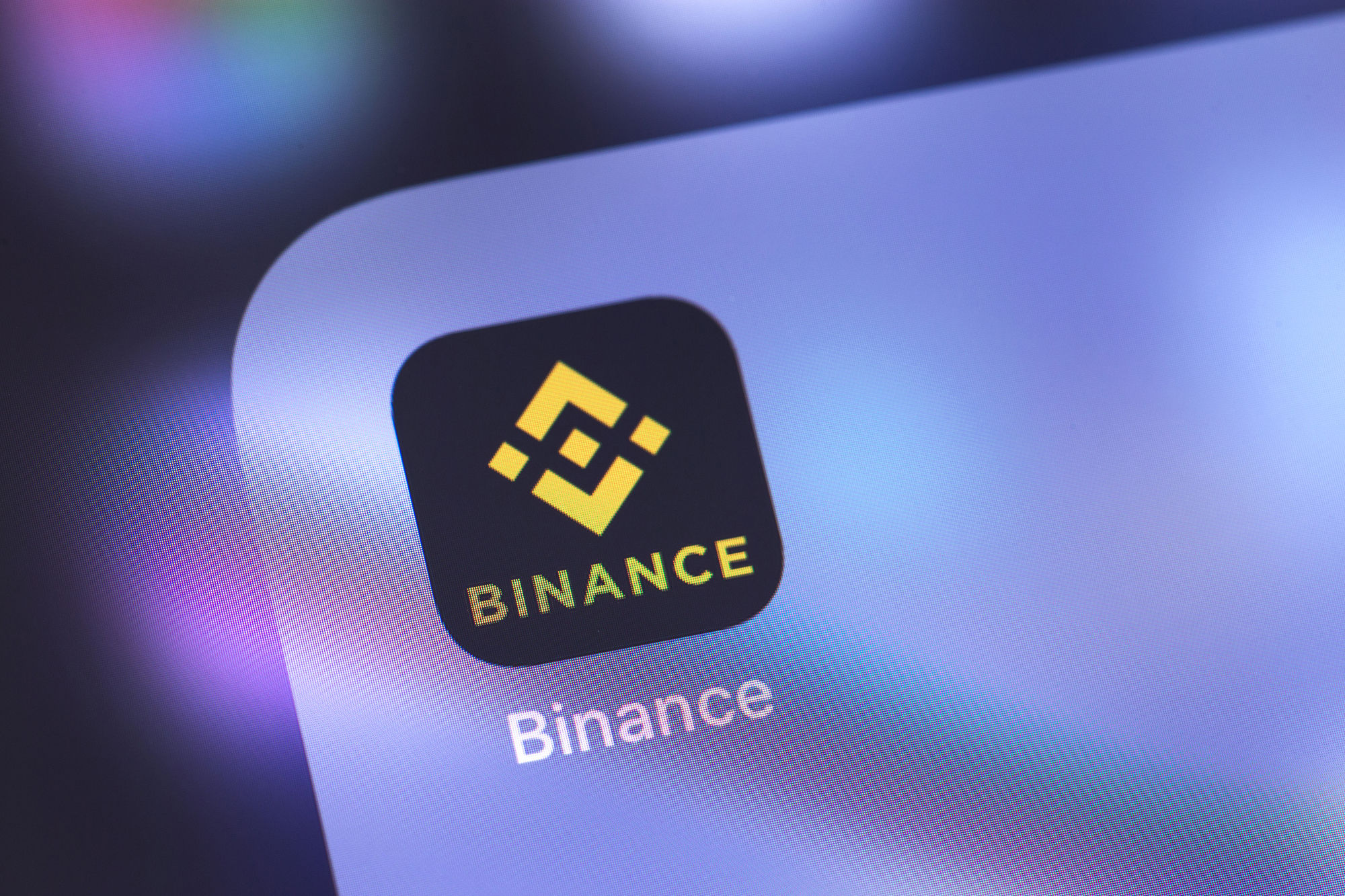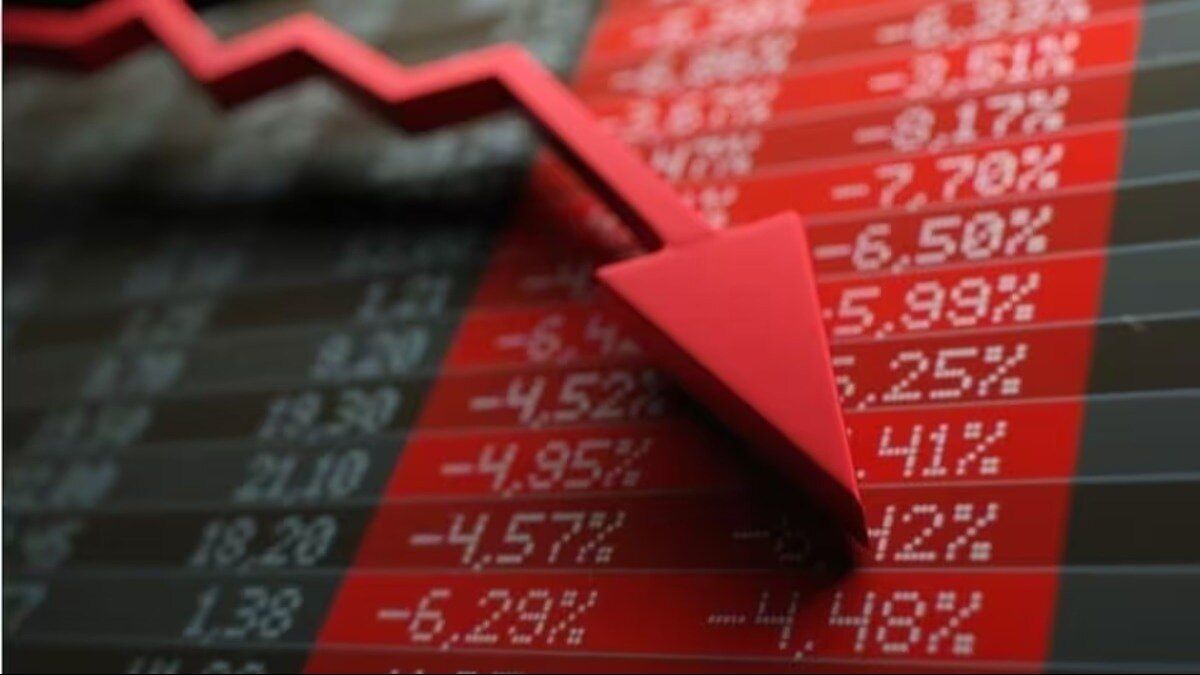Binance.US, cryptocurrency exchange Binance’s US affiliate, received federal court approval to invest specific client assets in US Treasury bills, Reuters reported. With the order, Binance’s US arm is exempt from restrictions enforced by the US Securities and Exchange Commission.
According to the order, Binance will transfer crypto to a third party that is not affiliated with the world’s biggest crypto exchange.
BAM, which operates Binance.US, can also invest specific client fiat funds in US Treasury bills. The crypto company BitGo custodies the funds, which will mature monthly as long as no third parties are involved in the investment. This includes Binance entities.
The lawsuit and its aftermath
The SEC filed a lawsuit against Binance, founder and CEO Changpeng Zhao, and BAM in June last year. SEC accused the exchange of diverting customer funds, artificially inflating its trading volumes, misleading investors about its market surveillance controls, and failing to block US users. The news delighted competitors, such as Coinbase.
Ultimately, Binance and its US arm entered into an agreement with the SEC to make sure US customer assets did not leave the country. Under the agreement, Binance.US will take measures to ensure that no Binance officials have access to private wallet keys or root access to Binance.US’s AWS tools.
Implications for crypto
The court approval shows cryptocurrency may play a role in shoring up demand for the US dollar, which BRICS’ de-dollarization efforts have challenged. BRICS nations seek protection from fluctuations in the US dollar and US interest rates. At the same time, members of the bloc face or fear the threat of US sanctions, and de-dollarization would help them mitigate the impact of these sanctions.
Collateralized stablecoins such as Tether and USD Coin canextend US dollar dominance by purchasing and holding US debt instruments. This would compensate for at least some of the inflation brought on by poor monetary policy and quantitative easing. Stablecoins like those two have USD backing, which ensures that each one is pegged to the value of one USD, promoting its use as a reliable value store and medium of exchange.
Backing helps build trust among users and institutions, facilitating widespread adoption of these stablecoins in various transactions.








